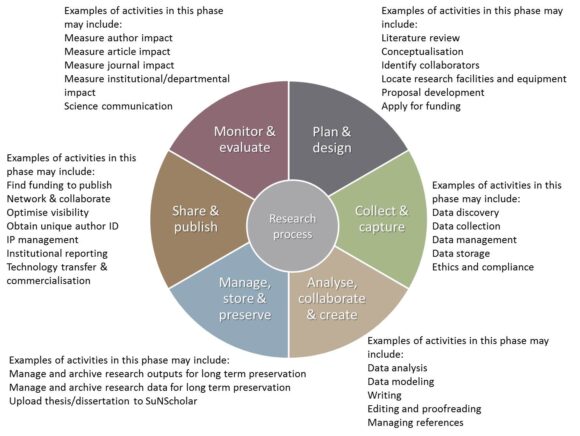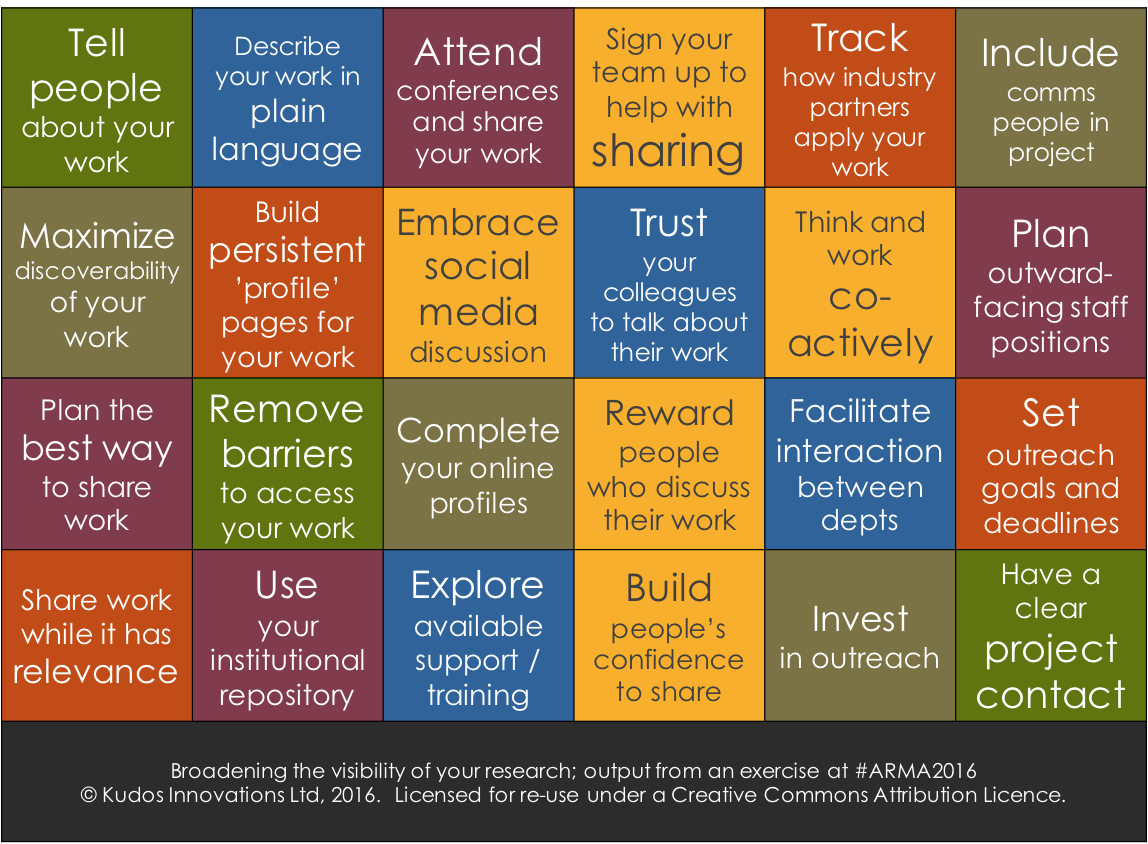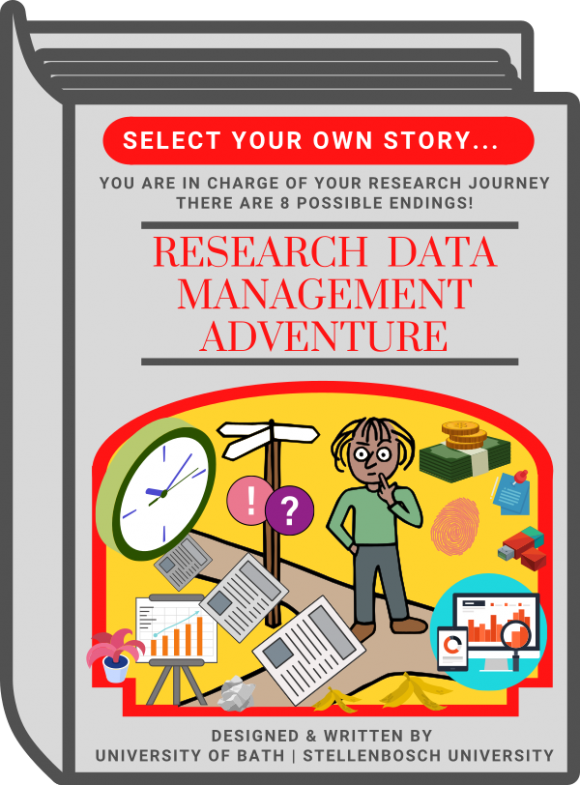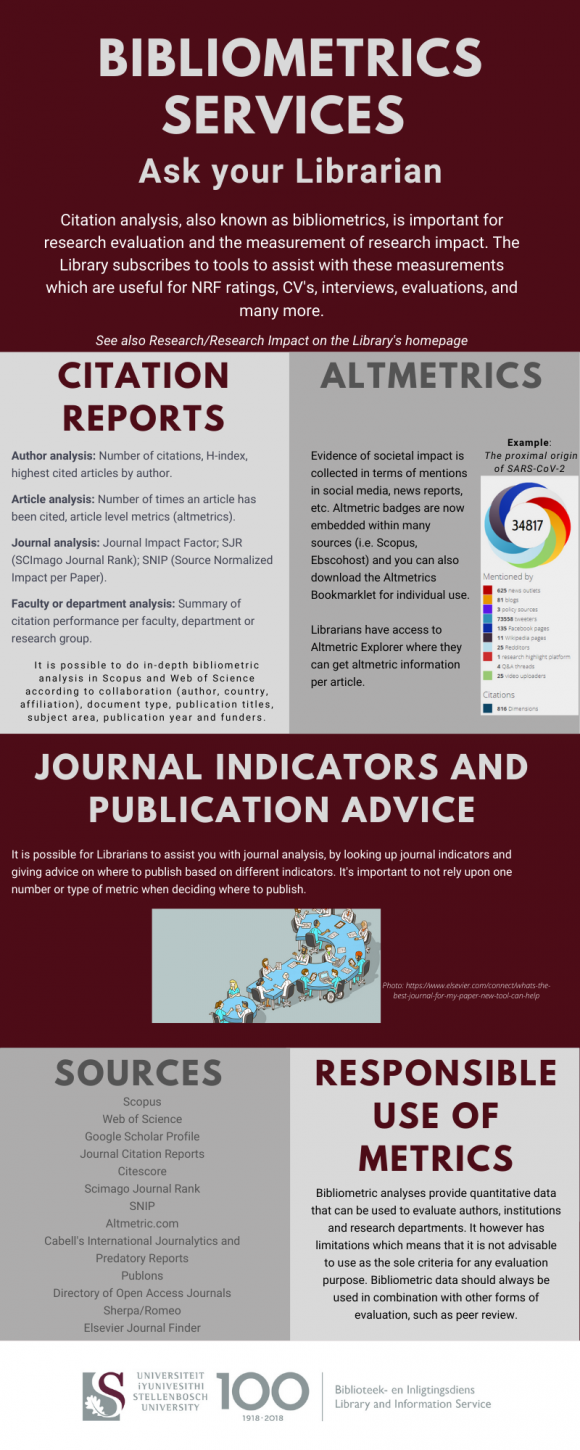Data visualisation is an important part of the research process. Although spreadsheets and data tables will always be present in research, new types of visualisations are emerging to make information more accessible than before.
This year the offering of workshops offered by the Library on data visualisation will include the following:
- Overview of software for effective data analysis and data visualisation – Book for webinar of 5 April
- Principles of data visualisation – Book for webinar of 13 April
- Introduction to Tableau Public and RawGraphs for data visualisation – Book for webinar of 20 April
- Data Visualisation with Microsoft PowerBI – Book for webinar of 4 May
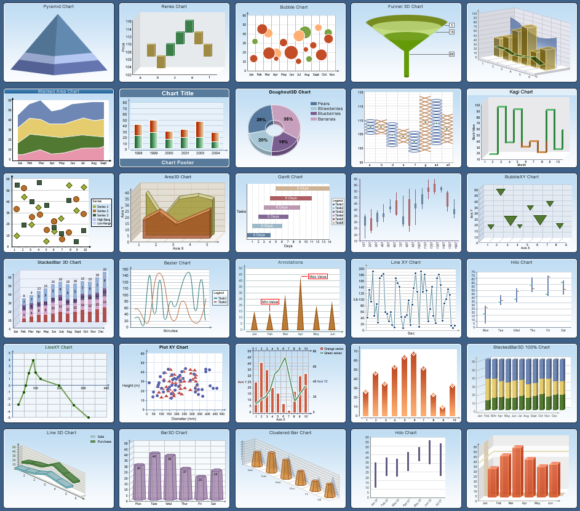
Researchers and students are also welcome to make use of the consultation service available on this topic.
Please contact Marié Roux for more information.

